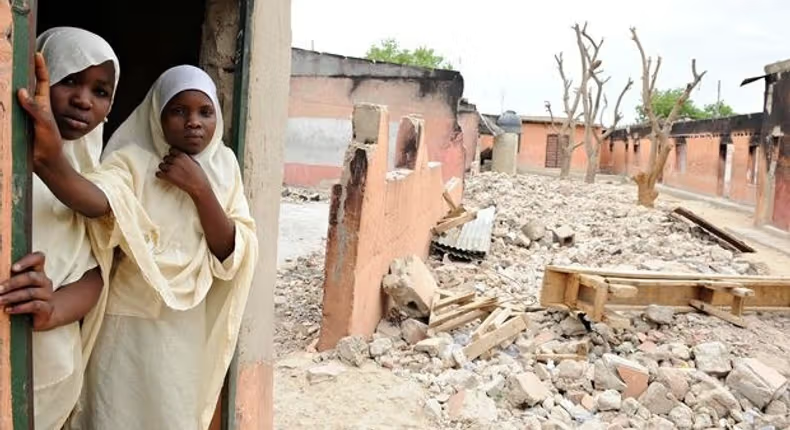The United Nations has raised serious concerns that recent cuts in U.S. humanitarian aid to Nigeria could significantly worsen the country’s security crisis by fueling the rise of terrorism. According to the UN and the World Food Programme (WFP), the reduction in funding is already impacting the delivery of food, healthcare, and other life-saving services to millions of vulnerable Nigerians, particularly in the conflict-affected northeastern regions.
Humanitarian aid has long served as a stabilizing force in areas torn apart by insurgency, displacement, and economic hardship. However, with the U.S. government slashing contributions to key relief efforts, organizations like WFP have been forced to cut back food rations and nutritional support. This development is especially dangerous in regions where terrorist groups like Boko Haram and ISWAP operate, as these groups often exploit poverty and desperation to recruit new members.
Communities that once depended on aid to survive are now more exposed than ever. The lack of access to food, clean water, and basic healthcare is creating fertile ground for radicalization. In some cases, insurgent groups offer food and money in exchange for allegiance, taking advantage of the vacuum left by the withdrawal of international support.
The situation in northeastern Nigeria is already dire. Over the past six months, at least 652 children have died from severe malnutrition, according to recent reports. Clinics are overwhelmed, and displaced families are struggling to survive without consistent food supplies. The UN has warned that if immediate action is not taken, the humanitarian crisis could spiral out of control and reverse years of progress in combating terrorism and rebuilding communities.
Local leaders and aid agencies are urging the international community, especially the United States, to reconsider the cuts and increase their commitment to supporting vulnerable populations in Nigeria. They emphasize that humanitarian aid is not just about saving lives—it is also a critical tool in preventing conflict, fostering stability, and reducing the appeal of extremist ideologies.
Moreover, experts argue that cutting aid to Nigeria—a country facing multiple internal challenges including armed insurgency, food insecurity, economic instability, and displacement—could have far-reaching consequences beyond its borders. A rise in extremist violence could destabilize the wider West African region and contribute to increased migration, cross-border conflict, and global security threats.
While donor fatigue and shifting priorities may explain the U.S. decision to reduce its aid budget, the UN insists that now is not the time to retreat. The needs in Nigeria remain enormous, and without sustained international support, the most vulnerable—including women, children, and internally displaced persons—will continue to suffer.
As Nigeria battles both a humanitarian and security emergency, the role of global partnerships remains crucial. Aid organizations continue to call for renewed investment in relief efforts that not only meet immediate needs but also support long-term peace and development.


